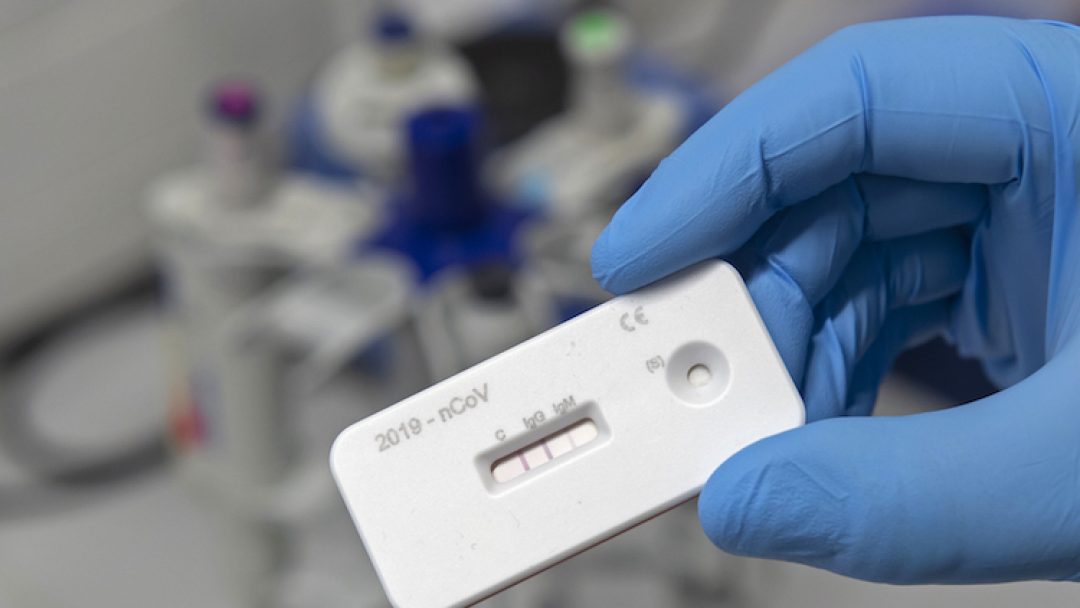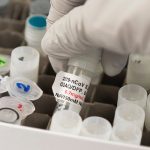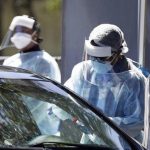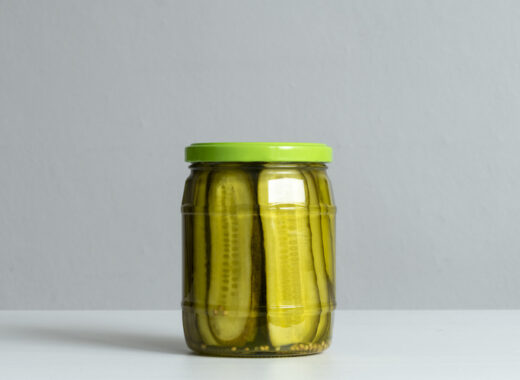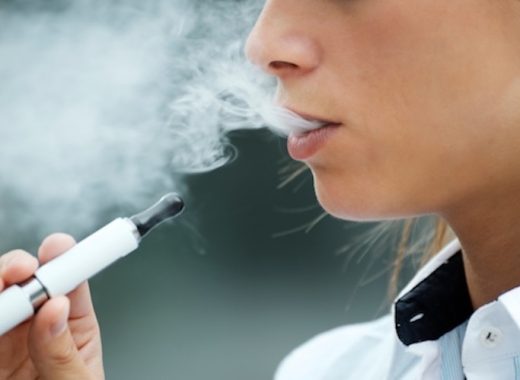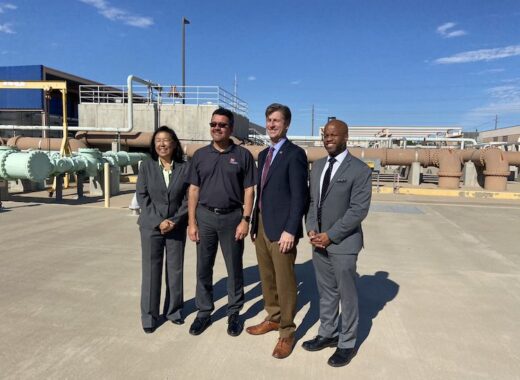Tests that determine whether you have antibodies that could indicate a past coronavirus infection are becoming more accessible to millions of consumers online, at doctor’s offices and at urgent care clinics across the country.
The proliferation of more than 150 antibody tests on the market has raised two main questions: Should you take one, and does having antibodies mean you are immune to the virus?
The goal of the antibody tests is to find a protein produced by the immune system in response to invading organisms such as bacteria and viruses.
One antibody test, which is still under review by the FDA, is made by a company called Diazyme and claims to be 97% accurate. The test costs $50 out of pocket, but clinics may also take insurance to cover it.
“It means that you’ve made an immune response, that you have antibodies, so it gives us an idea that the person had an infection,” Dr. Jake Deutsch, the founder and clinical director of Cure Urgent Care.
University of Rochester scientist Dave Topham, who has launched a study on COVID-19 and immunity, said there are a two simple steps before taking any test. Consumers should research the test maker online to see if it is reputable and established, and also look for the company’s experience making other FDA-approved medical tests.
Experts also say that serum antibody tests in which blood is drawn seem to be more accurate than the rapid finger prick tests.
Patients should wait at least four weeks after the onset of symptoms before getting blood drawn for the test in order to give your immune system time to produce antibodies.
Prices range from the $50 to $250 at some clinics.
Only eight of the more than 150 tests being sold have been vetted by the Food and Drug Administration and given official authorization.
The majority of tests are given at the doctor’s office or an urgent care clinic, but Quest Diagnostics announced Tuesday that it now has a test that consumers can take without ever having to see a doctor. Each request is reviewed by a doctor working with the lab who makes sure that the patient doesn’t have a current coronavirus infection. The Quest Diagnostics test costs $129.
There also have been issues with the reliability of test results. Data from researchers at a pair of California universities showed that one in three antibody tests produced false positives more than 10% of the time.
“People have to understand it’s going to take time to have a reliable test out there, and that’s really what you want because the alternative of sending out people with false positives could actually result in a significant increase in the spread of the virus,” Topham said.
The test results then lead to the question: Does having antibodies make you immune to coronavirus?
“There’s still a lot of questions about even in people that have antibodies whether or not they’re truly protected, whether they can get reinfected,” Topham said.
Many survivors of coronavirus are now donating blood plasma rich in antibodies in the hope that it can help those currently battling the illness.
However, the World Health Organization’s Dr. Maria Van Kerkhove clarified at a media briefing on Monday that there is not enough evidence that people who have recovered from COVID-19 are protected from reinfection.
“Just because there’s no evidence in this area doesn’t mean that there’s no immunity,” she said. “It just means that the studies haven’t been done yet.”
“It’s very important to not assume that a positive antibody test means that you’re definitely immune, and that you couldn’t become infected or that you couldn’t spread infection to somebody else,” Dr. Marybeth Sexton, an assistant professor of infectious diseases at Emory University School of Medicine said.
Click here to learn more about Antibody Testing from the CDC.


